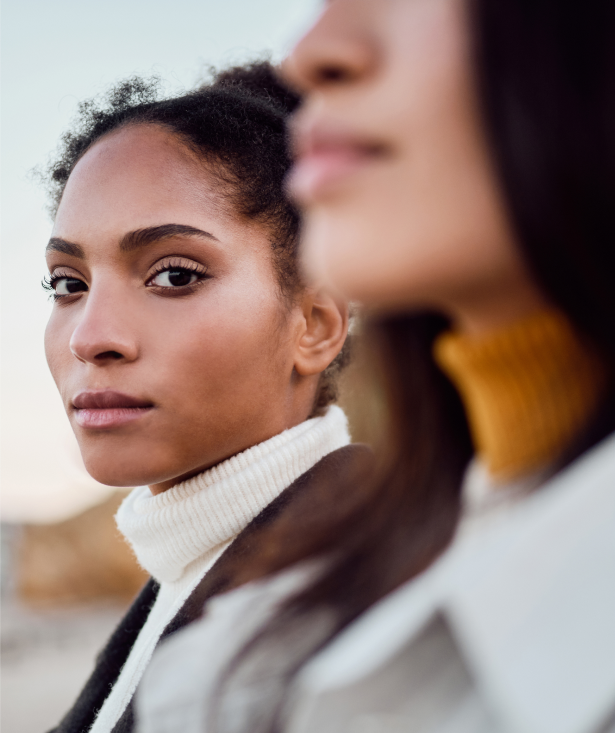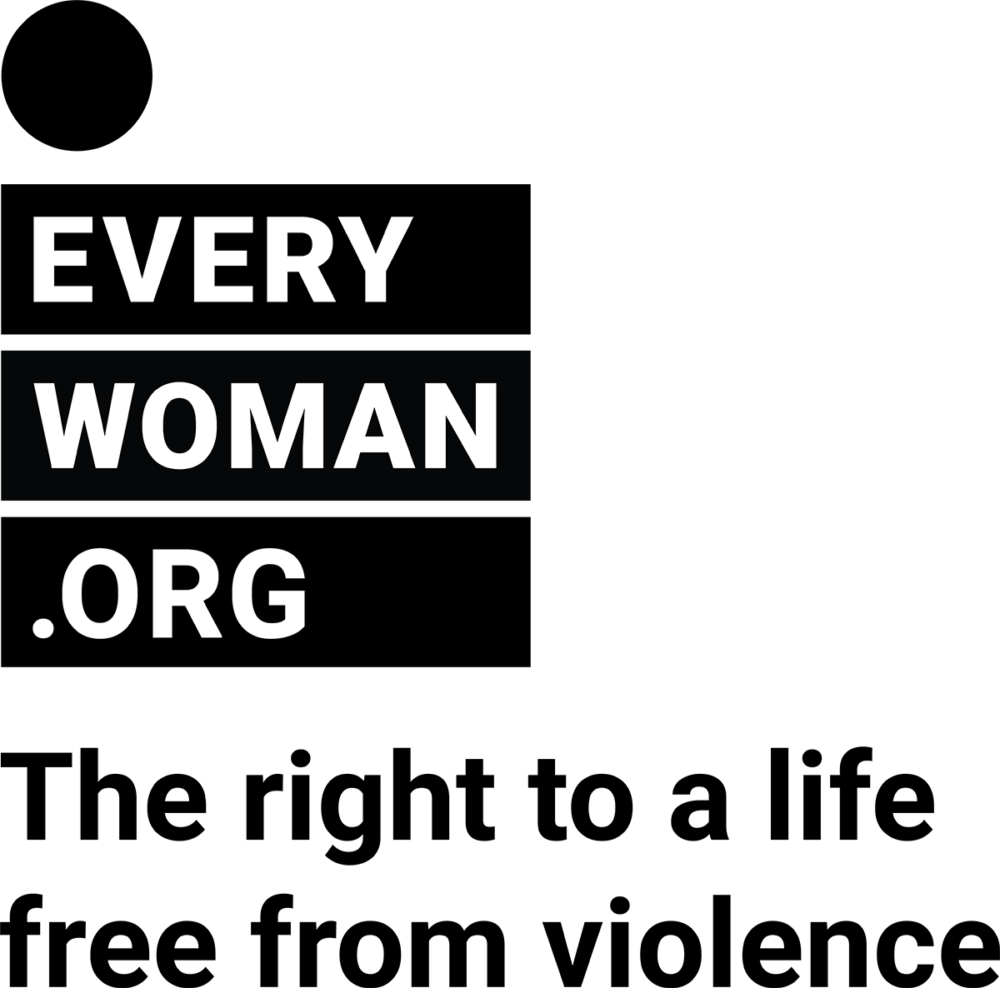FAQ
Every Woman is a global coalition of 4,000+ women’s rights activists and organizations in 169 countries working to end violence against women and girls through international law. We catalyze the leadership of grassroots activists to heads of state for the creation of a treaty in the form of a new Optional Protocol to the Convention on the Elimination of All Forms of Discrimination against Women (CEDAW) dedicated to ending violence against women and girls.
CEDAW is the Convention to Eliminate All Forms of Discrimination against Women — the first global treaty on women’s rights. Adopted in 1979 by the UN General Assembly, CEDAW has been instrumental in advancing women’s rights around the world. While its text includes provisions for trafficking and forced marriage, other forms of violence against women and girls are not part of the treaty’s text. Instead, violence against women and girls is addressed in CEDAW General Recommendation 35. Recommendations are used to clarify the treaty’s content, but they are not legally binding on nations.
An optional protocol is a legally binding treaty that is attached to an existing treaty. We are advocating for a new optional protocol connected to CEDAW. A new optional protocol to CEDAW would create a binding international law that addresses violence against women and girls, the most widespread human rights violations on earth.
Treaties can have more than one optional protocol. CEDAW already has an optional protocol, called the “Optional Protocol to the Convention on the Elimination of All Forms of Discrimination against Women.” This protocol established a complaints mechanism, so if a woman is unable to get justice in her country, she can file a case through this optional protocol. We use “new” to be clear that we need a second optional protocol specific to violence against women and girls.
No, like any treaty, “optional” means that nations can choose to ratify the protocol or not. Once ratified, it is binding and nations are legally obligated to enact the provisions in the treaty.
The basis for the optional protocol is CEDAW General Recommendation 35 on violence against women and girls.
As nations ultimately decide to create treaties, the next step is for more nations to publicly call for the treaty and join the Group of Friends for an Optional Protocol to CEDAW (Group of Friends is the term used among UN Member States for groups of nations advocating for a particular law or policy). Currently four nations — the Democratic Republic of the Congo, Costa Rica, Sierra Leone, and Antigua and Barbuda — form the Core Group of Friends and lead the State initiative to bring more nations on board. Once more nations join the effort, the Protocol moves to the drafting phase, then to ratification and adoption.
The process can be approached in different ways. As an example, the current Optional Protocol to CEDAW was drafted by an expert committee formed by human rights entities. Governments and NGOs submitted input and the final draft was adopted by the UN General Assembly (UNGA) by consensus. Other optional protocols to human rights treaties have been adopted either by consensus or a majority vote of the UNGA.[1]
[1] Optional Protocol to the Convention on the Elimination of All Forms of Discrimination against Women, UN Digital Library, Voting Data. The following optional protocols to UN human rights treaties were adopted by consensus: International Covenant on Economic, Social and Cultural Rights, Convention on the Rights of the Child, and Convention on the Rights of Persons with Disabilities. The optional protocols to the International Covenant on Civil and Political Rights and the Convention against Torture were adopted by vote of the UNGA. UN Digital Library, Voting Data.
The nations leading the State initiative, in collaboration with Every Woman, are actively talking to nations and inviting them to join the call for a Protocol. In May 2024, for example, Every Woman and the nations’ Permanent Missions hosted a series of meetings in Geneva attended by 40 countries and one regional body. The UN Special Rapporteur on violence against women and girls provided an overview of the situation of gender-based violence against women and explained why a new optional protocol was necessary for the protection of women and girls. More Nations expressed their desire to join the call.
Every Woman also:
- conducts outreach to UN organizations, nations, government officials, and women’s rights activists and organizations;
- sends sign-on letters to key leaders calling on them to join the call;
- hosts conferences and webinars on the need for binding global law for the protection of women and girls;
- publishes op-eds;
- participates in global campaigns, including 16 Days of Activism Against Gender-based Violence and the Red Shoe Project, founded by artist Elina Chauvet;
- hosts the Every Woman Fellowship, a leadership program that builds the capacity of women’s rights activists to lobby for laws and policies to end violence against women and girls at the local, national regional and global levels
- our programs also include:
- Mentorship Program (virtual – over Zoom) pairs senior activists from our coalition (mentors) with youth activists (mentees) for career development.
- Virtual Training via zoom on various topics, including Negotiation Skills, Digital Protection for Activists, Digital Protection for Organizations, Mainstreaming Well-Being, and Career Development.
- Coalition Committees on Policy Development, Partnerships, Diplomacy, and Media collaborate to further advocacy for the optional protocol.
- Emerging Leaders Council is a platform for youth activists 35 years and under to network and take the global stage to steer the discourse on violence against women and girls.
The Protocol would become an international law that provides countries with an explicit legally binding roadmap on the measures needed to combat and prevent violence against women. These measures include:
- Updating and expanding laws and policies and ensuring their implementation
- Training and accountability for police, judges, health care providers
- Violence-prevention education for all people, all ages
- Comprehensive services for survivors, including medical care, shelters and job training
It would also promote a paradigm shift in global attitudes toward violence against women and girls, working to shift global norms from the idea that this violence is inevitable to a recognition and demand that women and girls have the legal and human right to a life free from violence.
We do. While there are treaties for other human rights violations like torture, there isn’t one for violence against women and girls — the most widespread human rights violation on earth. At least one in three women experience intimate partner violence or sexual violence in their lifetimes, a statistic the World Health Organization calls “devastatingly pervasive.” On average, more than five women and girls are killed every hour by someone in their own family. UN Women recently reported that “no country is within reach of eradicating intimate partner violence.” A new optional protocol would help change that, working to lower rates of violence against women and girls and hold perpetrators accountable in nations across the world.
Yes! Four nations — the Democratic Republic of the Congo, Costa Rica, Sierra Leone and Antigua and Barbuda — are leading the State initiative to bring more nations on board. Once more nations join the effort, the optional protocol moves to the drafting phase, then to ratification and adoption.
The effort has strong support. The current Special Rapporteur on violence against women and girls and three former Special Rapporteurs have called for a global treaty in the form of an Optional Protocol to CEDAW. The Special Rapporteur on violence against women and girls also called for the Optional Protocol at the CSW68 General Assembly in New York (March 2024) and it is supported by three Nobel Prize winners and more than 3,900 women’s rights activists and organizations.
Contentious issues will come up, as they do for all treaties, and debate is an important part of the process. In 2019, the International Labour Organization (ILO) secured a strong treaty on workplace violence, which demonstrates that a strong text is possible.
CEDAW General Recommendation 35 will serve as the baseline for minimum standards, and as noted in the previous question, the ILO treaty on workplace violence demonstrates that a strong text is possible even in a less-than-ideal environment. The Special Rapporteur on violence against women and girls said it best in her statement calling for a new Optional Protocol:
“To ensure that minimum global standards on women’s rights are not further compromised, but are upheld and strengthened, it would be essential for this global treaty to be attached to CEDAW as an Optional Protocol, whereby it would provide an explicit legally binding roadmap on the measures needed to combat and prevent violence against women, and trigger much needed changes at the national level to secure every woman’s right to live a life free from violence.”
No. The three regional instruments — the Belém do Pará Convention in the Americas, the Maputo Protocol in Africa, and the Istanbul Convention in Europe — were major steps forward. However, combined, they only cover about 25 percent of women, leaving 75 percent of the world’s women without protection from a binding instrument on violence against women and girls. A new Optional Protocol to CEDAW is a global instrument and will close this geographic gap.
In 2013, following the call for a global binding framework to end violence against women and girls by the UN Special Rapporteur on violence against women and girls, Rashida Manjoo, a group of frontline activists and legal scholars from across the globe — Somalia, the Democratic Republic of Congo, South Africa, the UK, Afghanistan, the US, Croatia, and the Rosebud Indian Reservation — met to discuss whether a campaign was needed to advocate for such an instrument. The meeting led to the creation of Every Woman.
JOIN THE CALL

JOIN THE CALL
I stand for a life free from all forms of violence for every woman and girl, everywhere.
I hereby join the call for a global treaty in the form of a new Optional Protocol to CEDAW to eradicate violence against women and girls.
*By signing you will be added to our mailing list. You can choose to opt out from the signature confirmation email.

